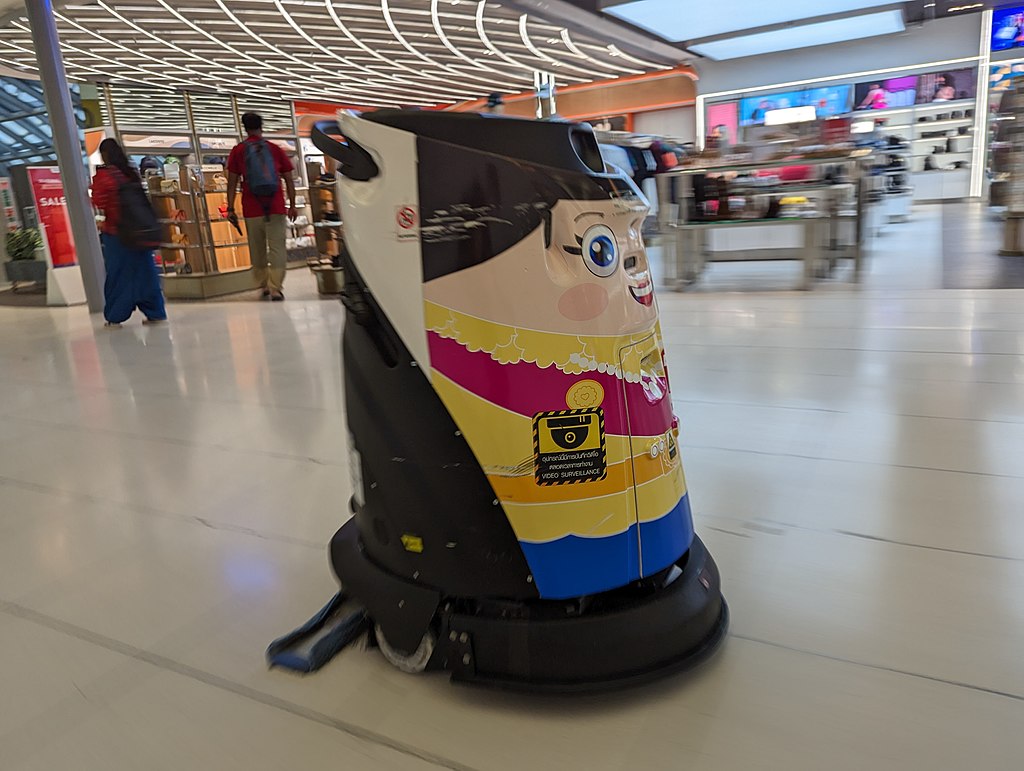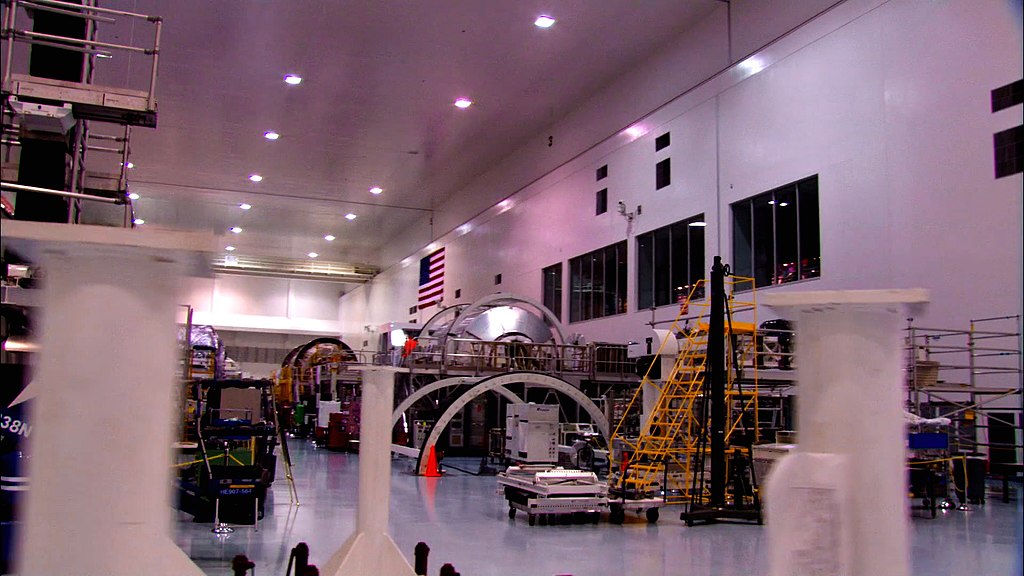Automation is more than just a buzzword – it is the future of business. While the dream of an automated workforce has been seen as both a help to business owners and a hindrance to workers, there’s no question that automation is here to stay. In fact, virtually every industry utilizes some form of automation these days. Supply chain automation has helped logistics professionals overcome challenges brought on by the Covid-19 pandemic, and software automation has provided exciting new technologies in the spaces of artificial intelligence and machine learning.
What Automation Means For The Future
As stated, automation has been seen as a double-edged sword by many. On the one hand, automation means business owners can get more done with fewer employees. On the other hand, workers worry that they may be pushed out of job opportunities by machines. Trying to balance the ethics of automation is undoubtedly a complex topic, and it’s one that will require some serious examination in the years to come.
Employers that take advantage of automation are uniquely positioned in that the employment they provide has a ripple effect across the economy. An employer is in business to make money, not to give people jobs; however, without these jobs and payment from the employer, workers don’t have the capital necessary to make purchases and reinvest in communities. The delicate balance here is one that requires finesse since machines aren’t going to be consumers, meaning business owners will go out of business if no one is able to purchase their products and services.
Universal Basic Income As A Solution?
Some have put forth the idea of a universal basic income as a solution to the automation problem. As automation becomes more ubiquitous across the business landscape, a universal basic income may help to offset the disruption these technologies cause in the availability of employment opportunities.
The challenge with an idea like universal basic income is the effect it would have on the economy as a whole. Inflation becomes a real challenge to control when money is freely printed and not tied directly to a thing of value. Additionally, taxes would need to be raised in order to fund universal basic income. Some believe that only raising taxes on business owners is the solution, but this then has the effect of causing further price hikes.
Providing a paycheck to everyone has the potential to devalue currency and lead to inflationary conditions. Business owners then raise their prices as a result, and the value of universal basic income must adjust accordingly. Before long, the entire scheme could lead to a runaway train of hyperinflation which would require drastic measures to curb.
Can Automation And Employment Coexist?
Although there are challenges involved in the use of automation when it comes to matters of employment and the economy, it may be possible for the two worlds to coexist. Some have pointed out that . In such a scenario, workers would be responsible for overseeing the maintenance and some operational functions of automated machines and computers in industries like manufacturing.
The idea is that workers are still a vital resource for employers, but automation can still be fully utilized to drive the economy forward. How well this type of setup would work in different industries would largely depend on how much value an employee could bring compared to the productivity output of automation.
Although this isn’t a perfect solution, it is one that experts feel is worth exploring further in order to find a solution. Automation is here to stay, and it is up to employers and policymakers to find ways to ethically handle the implementation of automation as it pertains to the future of employment.


